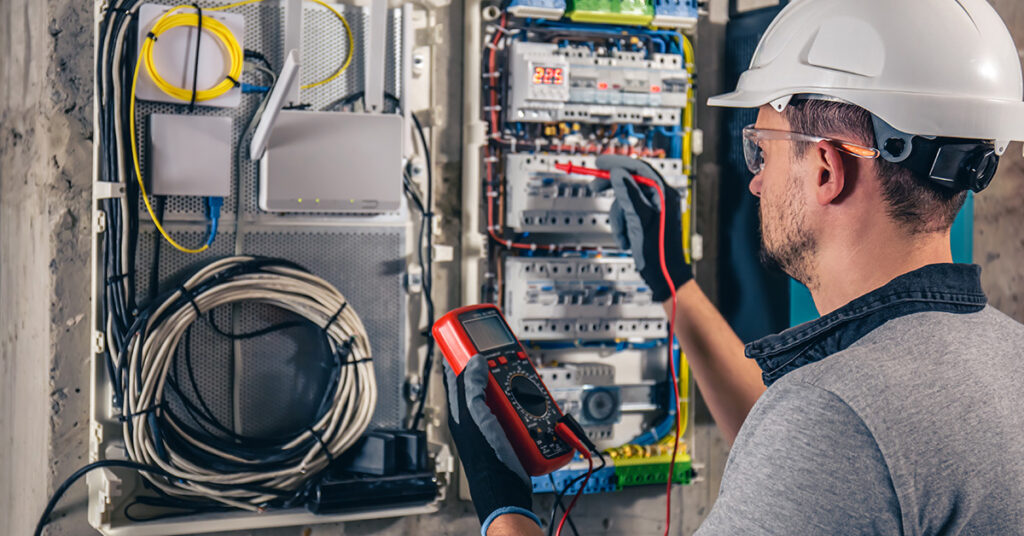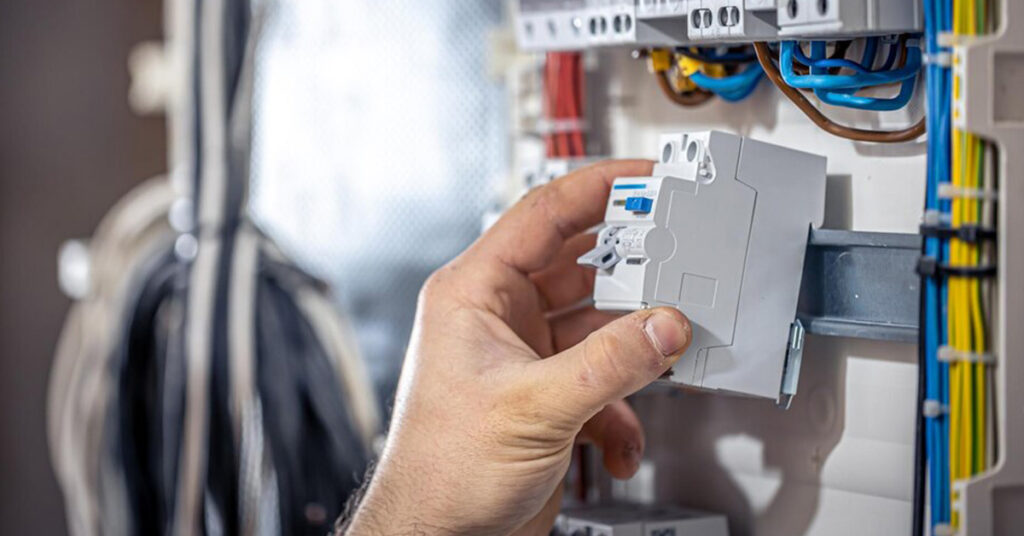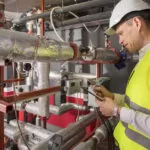In the realm of construction and building design, Electrical, Mechanical, and Plumbing (MEP) systems form the backbone of functional and efficient structures. Among these systems, electrical engineering takes center stage, powering the modern world and enabling the seamless integration of technology into our built environment. In this illuminating guide, we embark on a captivating journey to explore the depths of electrical engineering in MEP, unraveling its fundamental principles, key components, and the pivotal role it plays in driving innovation and transforming the way we live and work.
Table of Contents
The Essence of Electrical Engineering in MEP
Electrical engineering is a dynamic field that encompasses the design, analysis, and implementation of electrical systems within the context of MEP. It combines the principles of physics, mathematics, and technology to create safe, reliable, and efficient electrical infrastructure that powers our buildings and facilitates our daily lives.

Electrical engineering lies at the heart of MEP systems, ensuring the smooth integration of electrical components with mechanical and plumbing systems. By leveraging their expertise, electrical engineers optimize the performance, reliability, and energy efficiency of electrical systems, enabling buildings to operate at peak functionality and meet the demands of the digital age.
Key Components of Electrical Engineering in MEP
- Power Distribution Systems Power distribution systems form the lifeline of electrical engineering in MEP, transmitting electricity from the utility source to various points within a building. We delve into the intricacies of power distribution systems, exploring their components, design considerations, and the latest advancements in energy-efficient technologies and smart grid integration.
- Lighting Systems Lighting systems play a crucial role in creating functional and aesthetically pleasing spaces. We explore the principles of lighting design, examining how electrical engineers utilize innovative lighting technologies, such as LED and smart lighting controls, to enhance energy efficiency, occupant comfort, and visual appeal.
- Renewable Energy Integration With the increasing focus on sustainability, electrical engineering in MEP is embracing the integration of renewable energy sources. We discuss how electrical engineers harness solar, wind, and other renewable technologies to reduce carbon footprint, enhance energy resilience, and create environmentally conscious buildings.
Innovations and Breakthroughs in Electrical Engineering for MEP
- Smart Building Automation The emergence of smart building automation has revolutionized the way electrical systems are designed, monitored, and controlled. We explore how electrical engineers leverage automation technologies, data analytics, and Internet of Things (IoT) connectivity to optimize energy consumption, improve occupant comfort, and streamline facility management.
- Energy Storage Solutions Energy storage systems have gained prominence in electrical engineering for MEP, providing backup power, load balancing, and peak demand management. We examine the latest advancements in energy storage technologies, such as batteries and flywheels, and their integration into MEP systems for enhanced energy efficiency and grid resilience.
- Electrical Safety and Codes Electrical safety is of paramount importance in MEP systems. We discuss the role of electrical engineers in ensuring compliance with safety codes and standards, implementing robust grounding and protection measures, and conducting thorough electrical system inspections to mitigate risks and safeguard building occupants.
The Future of Electrical Engineering in MEP
- Intelligent Power Grids As we move towards a more interconnected world, electrical engineering in MEP is poised to embrace intelligent power grids. We explore the concept of smart grids, which enable bidirectional energy flow, real-time monitoring, and efficient energy management, paving the way for a more sustainable and resilient electrical infrastructure.
- Electrification of Transportation The electrification of transportation is an exciting frontier for electrical engineering in MEP. We discuss how electrical engineers contribute to the design and implementation of electric vehicle charging infrastructure, fostering a clean and energy-efficient transportation ecosystem.
- Energy Efficiency and Building Performance Energy efficiency remains a key focus area for electrical engineering in MEP. We delve into strategies employed by electrical engineers to optimize building energy performance, including advanced energy monitoring systems, demand response technologies, and integration with energy management platforms.
Conclusion

In conclusion, the realm of electrical engineering in MEP stands as a beacon of innovation and progress in the construction industry. From power distribution systems to lighting design, renewable energy integration to smart building automation, electrical engineers play a pivotal role in shaping the future of our built environment. By embracing emerging technologies, sustainable practices, and a relentless pursuit of excellence, electrical engineering in MEP illuminates the path to a more connected, efficient, and environmentally conscious world. Let us embark on this electrifying journey together, forging a future where electrical engineering in MEP continues to power our lives and ignite the spark of innovation.




